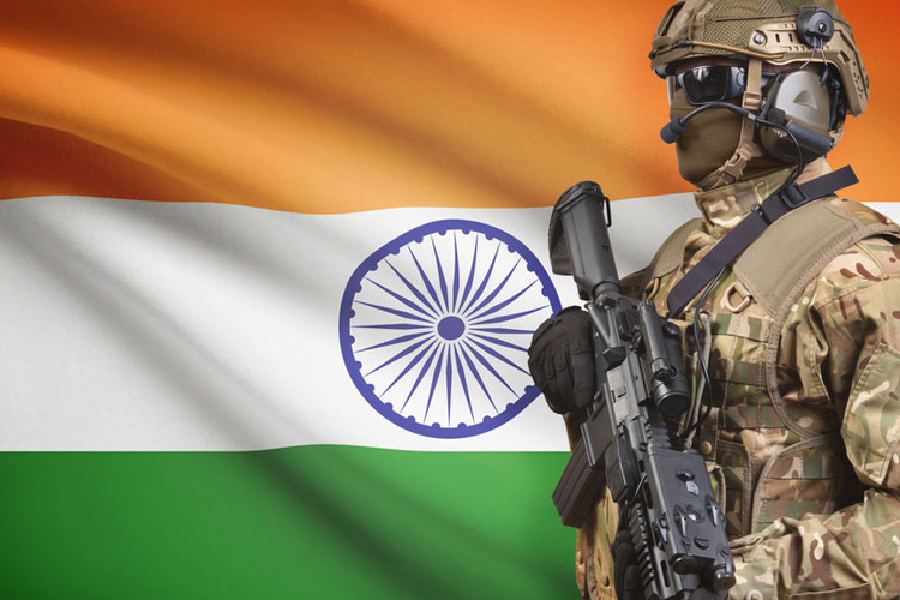Last week, the United States of America embraced the biggest overhaul of its military’s internal judicial system since 1950, with President Joe Biden signing an executive order that aims to reform what is known as the Uniform Code of Military Justice. The move has far-reaching implications for the US military but should spur a debate for similar changes in India and in other countries. While it is a widely accepted judicial norm that a judge and jury must be separate, military courts have for long allowed generals to act as judges. In the US, that power with military commanders over cases involving sexual crimes committed allegedly by members of their own team has led to repeated criticism that the system is set up in a way that denies victims justice far too often. After two decades of activism, the US Congress passed a bill in December 2021 setting in place a process to strip commanders of oversight over military justice in cases of sexual assault and some other crimes. Instead, a special cadre of prosecutors will take on these cases under the watch of civilian colleagues. Mr Biden’s executive order lays out how that bill will be implemented.
This is a welcome move for the US, but it must also serve as a catalyst to build momentum for similar shifts in other democracies, including India. While militaries by definition need high levels of secrecy over operational matters, that code of silence has extended too broadly over all activities of the armed forces, including those with no clear national security interests at stake. That is as true in India as it is in other major democracies where instances of human rights abuse by soldiers are often uncovered years after the acts are perpetrated and are punished even later — if at all. In India, the military services enjoy less scrutiny not just in overseas operations — as is the case with other armed forces — but even while dealing with Indian civilians in Kashmir, the Northeast and other parts of the country covered by draconian laws like the Armed Forces (Special Powers) Act. Such laws and the culture of impunity they have built within the military taint the ethos of service, pride and honour — the hallmarks of the Indian armed forces — while eroding the edifice of transparency. The independent prosecution of cases involving soldiers would help restore that faith. The military and the civilians both deserve that.











